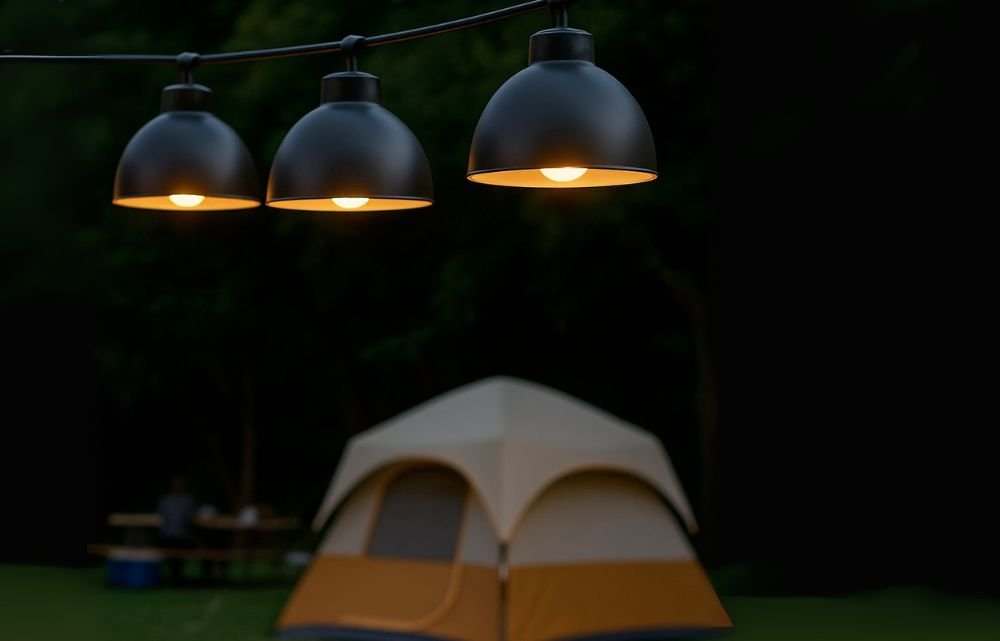Camping Lights and ʻUaʻu Kani: Protecting Seabirds at Hulopoʻe






Bright string lights have become more common at Hulopoʻe Beach Park campsites. While often used for visibility or comfort at night, these lights can have unintended effects during seabird nesting and fallout season.
ʻUaʻu kani, also known as wedge-tailed shearwaters, return to Lānaʻi each year from March through November to burrow and raise their young. They nest in coastal areas, including near Puʻupehe. From October to December, fledglings leave their burrows for the first time and head to sea, guided by the reflection of the moon and stars on the water.
Artificial lights near the shoreline disrupt this instinct. The birds become disoriented and fly toward the lights instead of the ocean. They may circle the lights until exhausted or collide with structures and fall to the ground. Grounded birds are sometimes found at the park, along the beach trail, or even inside restrooms.
Lights are especially disruptive when birds first exit the burrow after months underground. With no prior exposure to bright lights, their instinct is to follow the brightest source they see. In addition to first-time fledglings, some of the grounded birds being found at Hulopoʻe right now are young adults returning for the first time. In the past four weeks alone, Pūlama Lānaʻi’s Conservation Department has recovered about half a dozen exhausted birds from the area.
Maui County Code 20.35.070 lists exemptions to the outdoor lighting ordinance. Subsection (A)(2) outlines what types of string lights are allowed. It states:
Low wattage fixtures under 2.8 watts and string lights using bulbs less than fifty lumens used for holiday decorations and cultural festivals including Obon festivals and fully shielded string lights under 2.8 watts using bulbs less than fifty lumens.
Many of the lights currently in use at the park do not meet these requirements and have contributed to bird disorientation and grounding events.
If you find a grounded ʻuaʻu kani, do not give it food or water. These birds feed only at sea and cannot digest anything on land. Attempting to feed or water them can damage their feathers or create other complications. The best first step is to call Pūlama Lānaʻi’s Conservation Department at 808-563-0013. If no one answers, leave a voice or text message and staff will respond.
If you must act before help arrives, you may gently place the bird in a ventilated box with a towel and keep it in a quiet dark place. Use gloves or a towel to avoid direct handling. The birds may bite and should not be held barehanded. Limit handling and wait for trained staff to take over.
The conservation team is permitted through the Hawaiʻi Wildlife Center and trained to handle native wildlife. Community awareness and small actions like reducing light pollution can make a measurable difference for ʻuaʻu kani during this vulnerable season.
